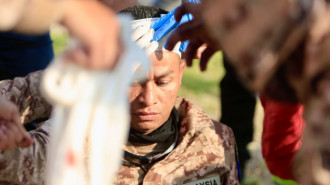Flea market discovered by Egyptian PM on hospital visit
According to Youm7, Mahlab was prompted to make the trip after hearing of widespread corruption, overcrowding and understaffing at the insitute.
His visit reportedly began with a trip to see the outpatient clinics - where he was met by a group of patients who complained about medical malpractice and shortages of medicine.
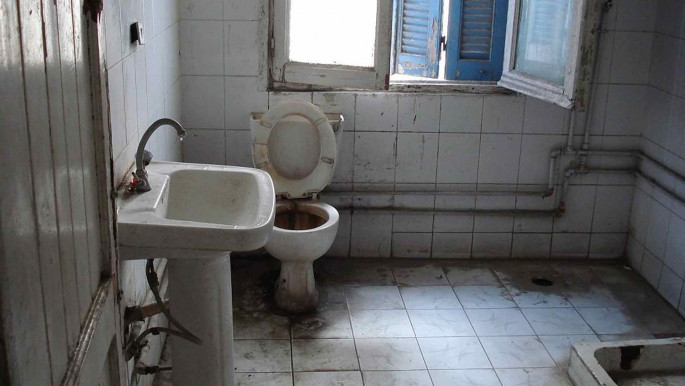 |
|
| An image from the 'So in case he shows up' Facebook page |
"This isn't a heart institute, this is a flea market," he reportedly said. "Everyone is going to be held accountable."
Mahlab was also shocked by the state of the intensive care unit.
"This is a care unit?" he asked. "I didn't realise the situation was like this."
Following the visit, the army announced it would renovate the institute's clinics, reception and emergency rooms.
The prime minister also announced the minister of health's office would move to the cardiology centre for a week. Healthcare officials would rotate around different government-run hospitals after that.
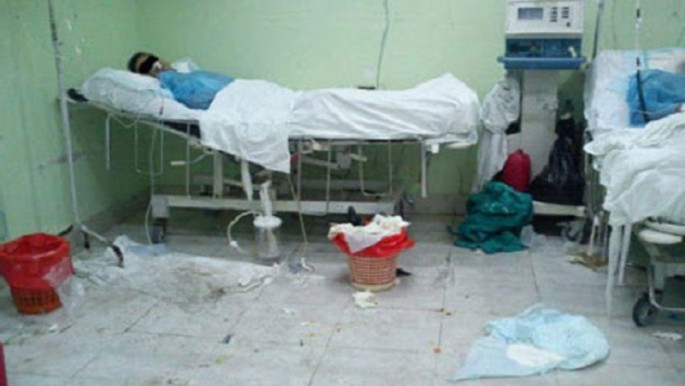 |
|
| An image from the 'So in case he shows up' Facebook page |
Much of the Egyptian media has been quiet on questioning Mahlab's sudden interest, or the populist agenda which his new stance might appear to serve.
Disarray
Mahlab also went to see a medical institute specialising in bilharzia, a disease also known as schistosomiasis which is endemic in Egypt, caused by parasitic worms found in the River Nile.
He was reportedly met by a stray cat wandering through the corridors and similar scenes of disarray.
Mahlab sacked the head of the institute and ordered Health Minister Adil al-Adawi to make sure the centre was totally renovated.
In response to Mahlab's recent interest in the conditions of the country's health facilities, an anonymous group of doctors launched a satirical Arabic-language Facebook page and hashtag: "So in case he shows up, he isn't surprised".
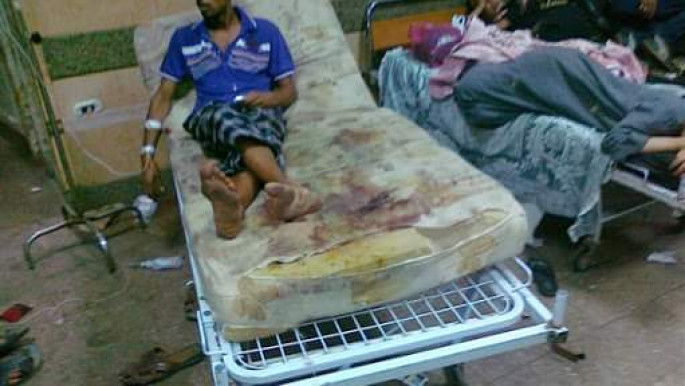 |
|
| An image from the 'So in case he shows up' Facebook page |
On the Facebook page, Egyptians posted pictures from many of the country's hospitals - showing snakes, cats, rats and sheep roaming inside clinics and on patients' beds, filthy and decrepit bathrooms, broken equipment and overcrowded wards.
Doctors have held several nationwide strikes in recent years, demanding the government increase healthcare funding from the current 3.5 percent to 15 percent of GDP, but their protests appear so far to have fallen on deaf ears.
The Egyptian heathcare system has suffered from neglect for years; according to the World Bank, Egypt has only five beds available for every 10,000 citizens - compared with 33 beds per 10,000 in Israel.
The government is reportedly involved in negotiations with the World Bank to receive $300m to support government hospitals.

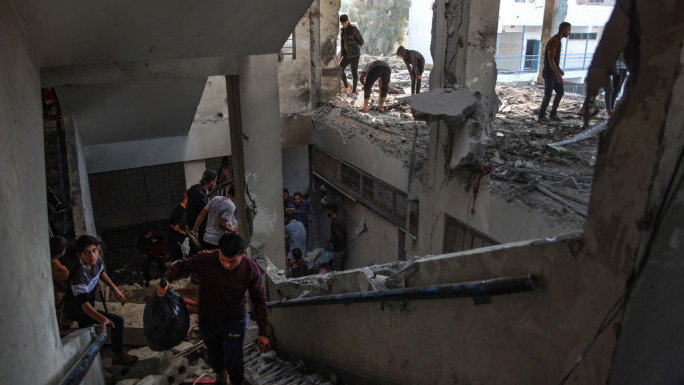
![President Pezeshkian has denounced Israel's attacks on Lebanon [Getty]](/sites/default/files/styles/image_684x385/public/2173482924.jpeg?h=a5f2f23a&itok=q3evVtko)

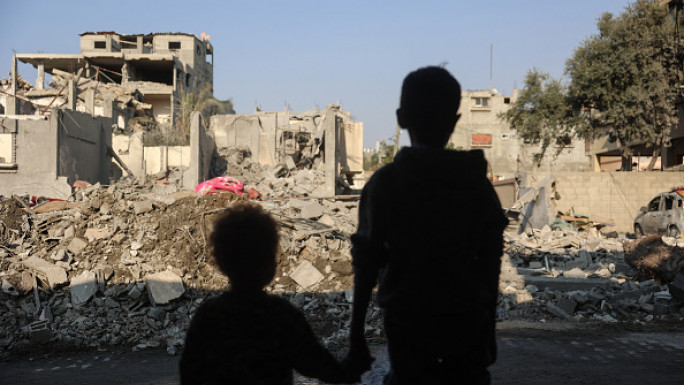
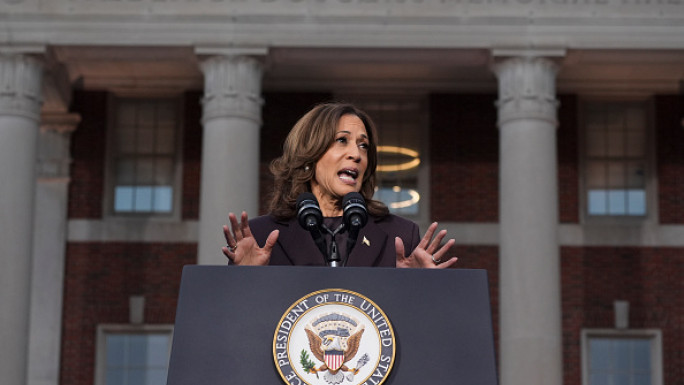
 Follow the Middle East's top stories in English at The New Arab on Google News
Follow the Middle East's top stories in English at The New Arab on Google News

